About IRCDL 2026
Since 2005, the Italian Research Conference on Digital Libraries (IRCDL) has been an annual event for researchers on Digital Libraries and related topics. IRCDL has become a key forum on digital libraries and associated issues. It covers various aspects, including new forms of information institutions, digital content management, and theoretical models of information media. The conference welcomes participants from academia, government, industry, and other sectors. It draws from diverse research areas such as computer science, digital humanities, information science, librarianship, archival science, museum studies, technology, social sciences, cultural heritage, and humanities. This year's conference features two tracks: one on Computer Science Foundations for Digital Libraries, and another focused on Digital Humanities. IRCDL is partially supported by the Department of Engineering "Enzo Ferrari" of the University of Modena and Reggio Emilia.
Submissions are welcome concerning theory, architectures, data models, tools, services, infrastructures. A list of possible topics (but not limited to) for the conference is the following:
- Open data
- Open science: models, practices, mandates, and policies
- Information retrieval and access
- Information extraction from tables and figures in scientific literature
- Machine learning and data mining for digital libraries
- Generative AI and foundation models for digital libraries
- Responsible and ethical AI in digital libraries
- Ontologies
- Knowledge discovery, representation, and reasoning in digital libraries
- Knowledge acquisition from scientific papers
- Document analysis (layout, text, images)
- Services for digital arts and humanities
- Cultural heritage access and analysis
- Metadata (definition, management, curation, integration)
- Digital manuscript analysis
- Data repositories and archives
- Data citation, provenance and pricing
- Data and information lifecycle (creation, store, share and reuse)
- Semantic web technologies and linked data for digital libraries
- Digital epigraphy
- Digital preservation and curation
- Quality and evaluation of digital libraries
- Digital scholarship
- Citation analysis and scientometrics
- Research infrastructures
- User participation
- Human-computer interaction and user experience
- Multimodal and multimedia information management
- Applications of digital libraries
Tracks
The 22nd Conference on Information and Research Science Connecting to Digital and Library Science will feature two different tracks:
Track 1
Computer Science Foundations for Digital Libraries: Algorithms, Systems, and Applications
This track examines core computer science concepts essential for digital libraries. It covers algorithms for information retrieval and data management, system architectures for large-scale digital collections, and practical applications in areas such as academic research and cultural heritage preservation.
Special Issue
Published in International Journal on Digital Libraries.
Track 2
Digital Humanities: The Science and Foundation of Modern Humanities Libraries
This track explores the intersection of digital technologies and humanities research. It examines computational methods for analyzing and preserving cultural artifacts, text mining techniques for large-scale literary analysis, and digital platforms for collaborative scholarship.
Special Issue
Published in Umanistica Digitale.
Submissions
Research papers, describing original ideas on the listed topics and on other fundamental aspects of digital libraries and technology, are solicited. Moreover, short papers on early research results, new results on previously published works, and extended abstract on previously published works are also welcome:
- Research papers: should be in the 10-12 pages range.
- Short papers: should be in the 6-7 pages range.
- Extended abstracts: should be 5 pages long.
For all the submission types the references are not counted in the page limit.
Submissions of research papers must be in English, single blind, in PDF format in the CEURART single-column format available either at Overleaf website or CEUR-WS repository (for the offline version):
- Overleaf template
- ⚠️ Due to recent changes in Overleaf's policy, a paid account may now be required to compile this template. It is recommended to check and, if necessary, use a local LaTeX setup.
- CEUR.WS repository (offline version)
- ODT version
The accepted papers will be published in the IRCDL 2026 Proceedings. The Proceedings will be published by CEUR-WS, which is gold open access and indexed by SCOPUS and DBLP.
Submission will be through the submission system at the following link:
https://cmt3.research.microsoft.com/IRCDL2026/
The Microsoft CMT service was used for managing the peer-reviewing process for this conference. This service was provided for free by Microsoft and they bore all expenses, including costs for Azure cloud services as well as for software development and support.
This year's conference will be an in-person-only event, and virtual or hybrid options will not be offered.
Important Dates
Deadlines refer to 23:59 (11:59 PM) in the AoE (Anywhere on Earth) time zone
Deadline extended!
Submission deadline
November 28, 2025
December 12, 2025
Notification of acceptance
January 23, 2026
Camera-ready deadline
February 6, 2026
Conference
February 19-20, 2026
Organizers
The team behind IRCDL 2026
General Chairs
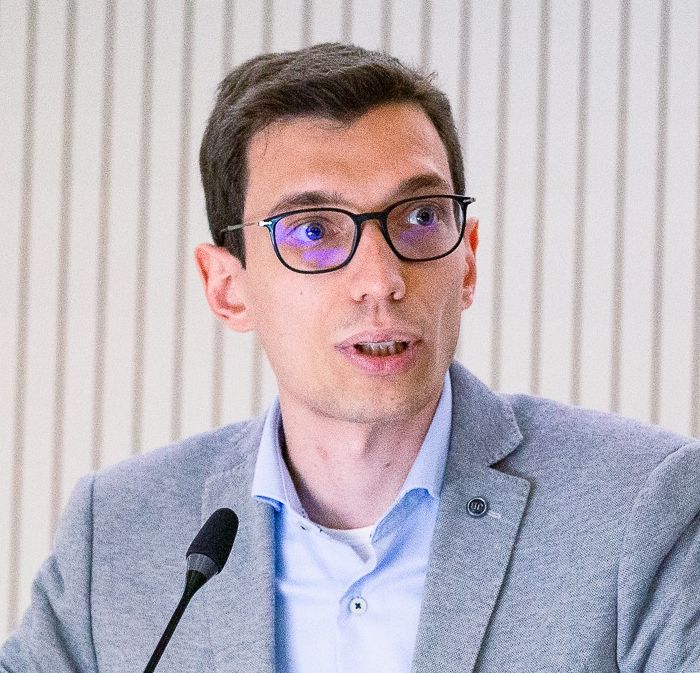
Lorenzo Baraldi
University of Modena and Reggio Emilia
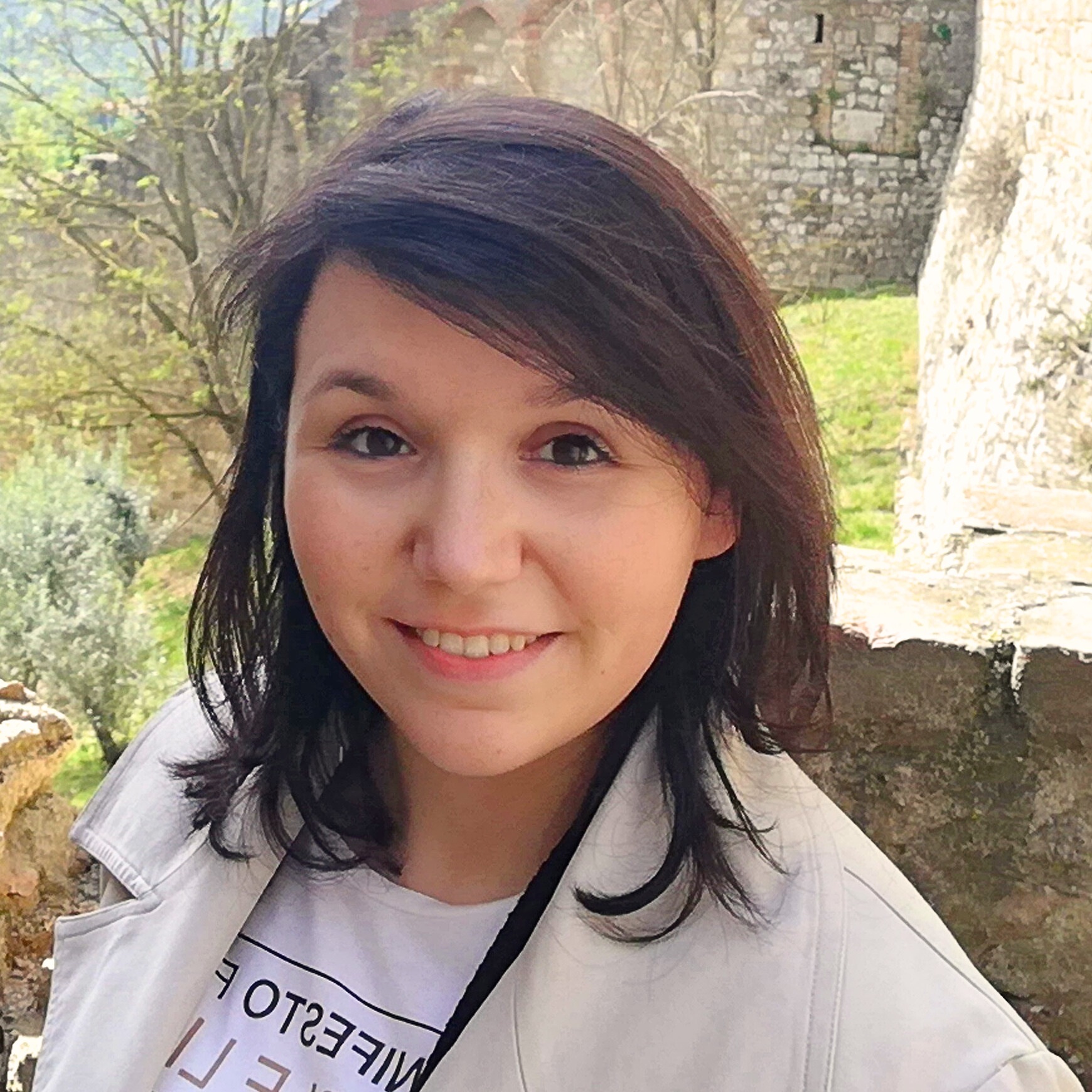
Marcella Cornia
University of Modena and Reggio Emilia
Program Chairs
Track 1
Computer Science Foundations for Digital Libraries: Algorithms, Systems, and Applications

Fabio Carrara
ISTI-CNR

Stefano Marchesin
University of Padua

Vittorio Cuculo
University of Modena and Reggio Emilia
Track 2
Digital Humanities: The Science and Foundation of Modern Humanities Libraries
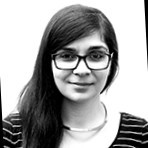
Marilena Daquino
University of Bologna

Marina Paolanti
University of Macerata
Publication Chair
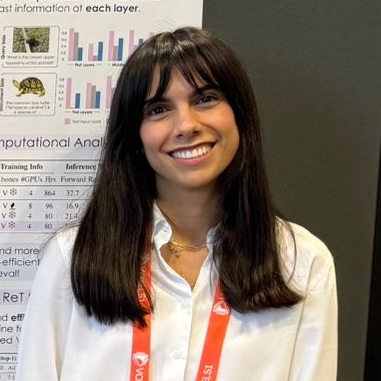
Sara Sarto
University of Modena and Reggio Emilia
Publicity Chairs

Emanuele Balloni
Università Politecnica delle Marche
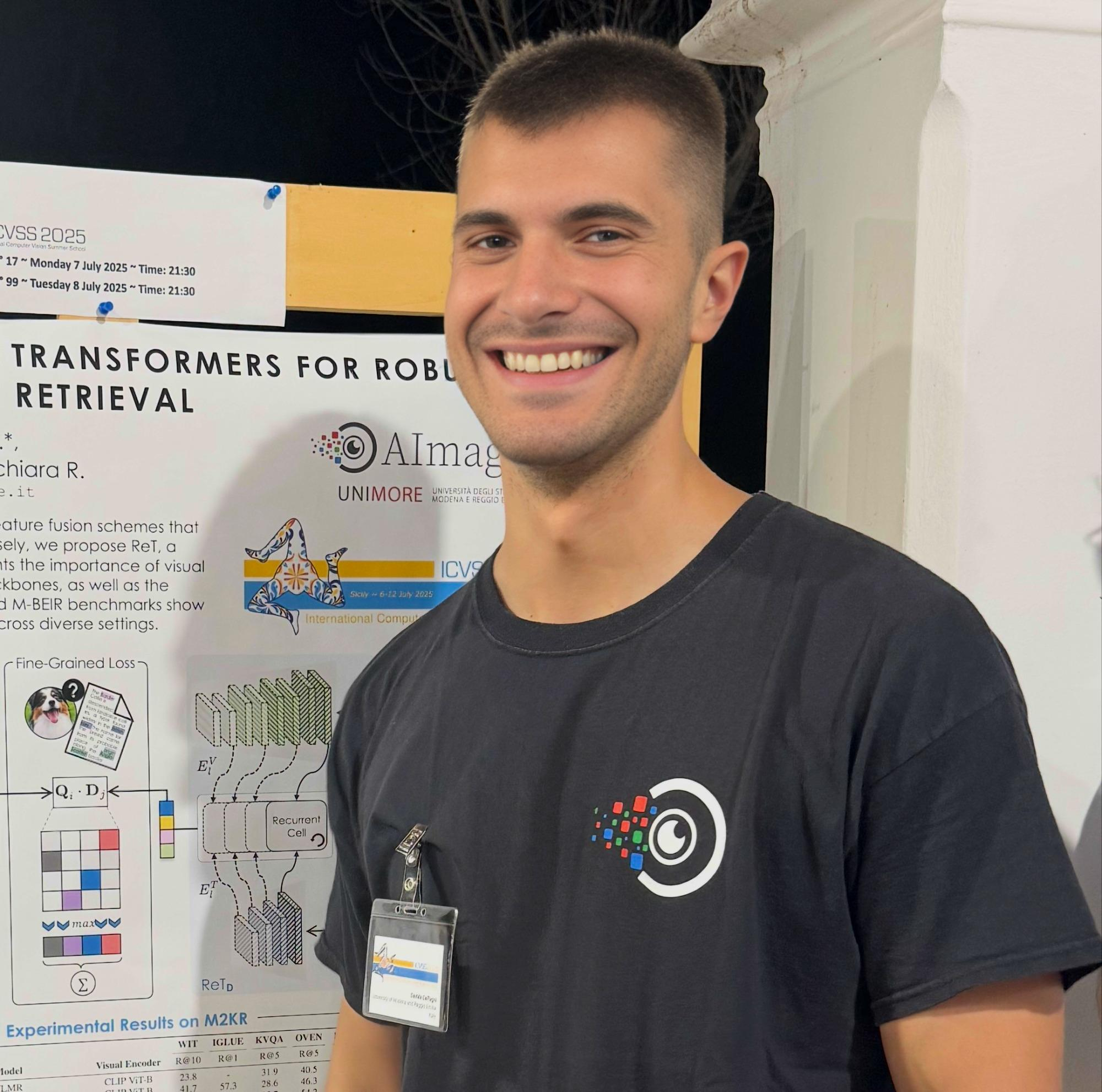
Davide Caffagni
University of Modena and Reggio Emilia

Beatrice Portelli
University of Udine
Local Organization Chairs
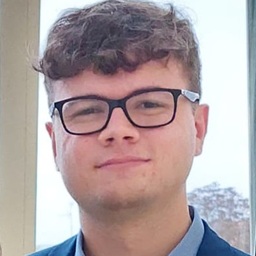
Davide Bucciarelli
University of Modena and Reggio Emilia
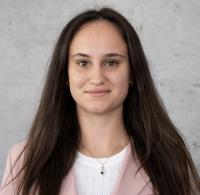
Evelyn Turri
University of Modena and Reggio Emilia
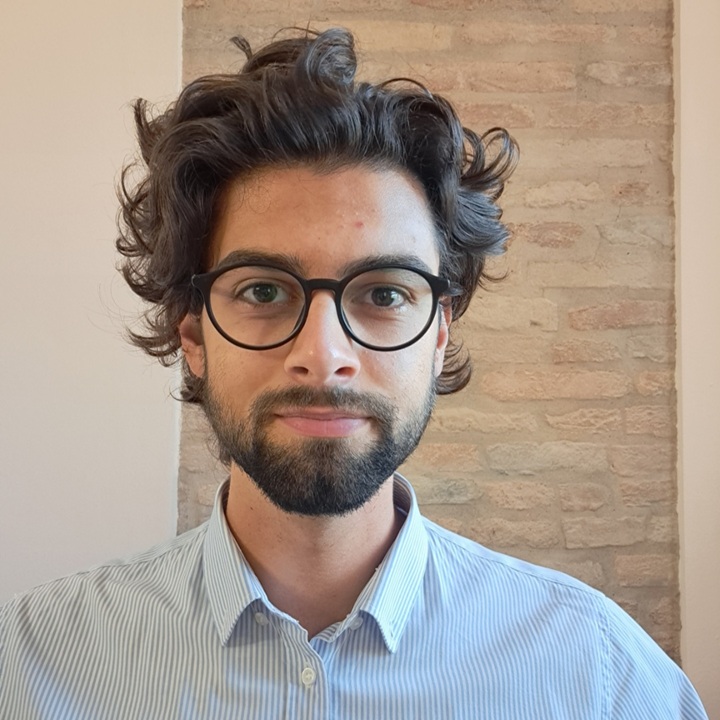
Leonardo Zini
University of Modena and Reggio Emilia
Special Issue Chairs
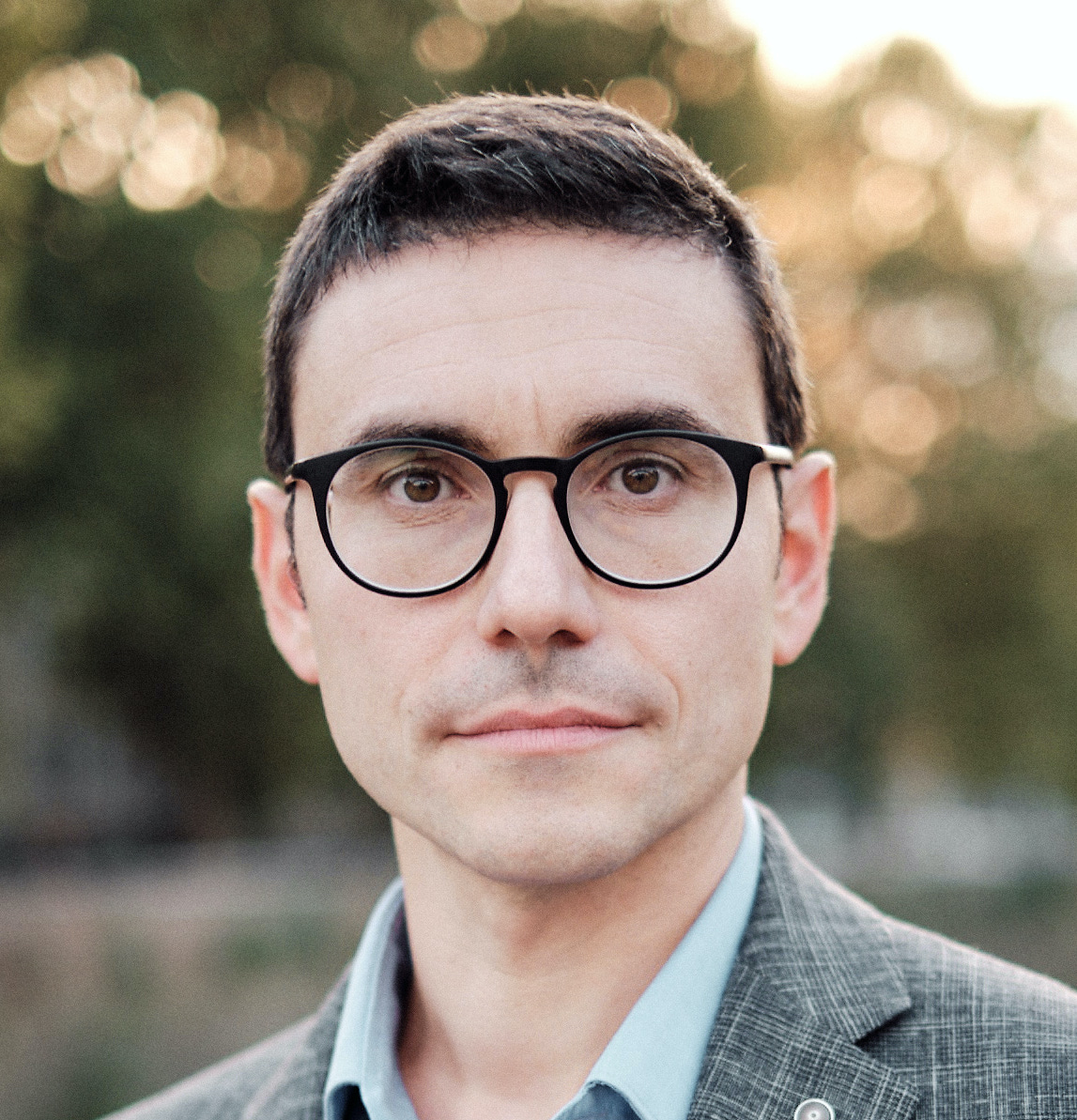
Gianmaria Silvello
University of Padua

